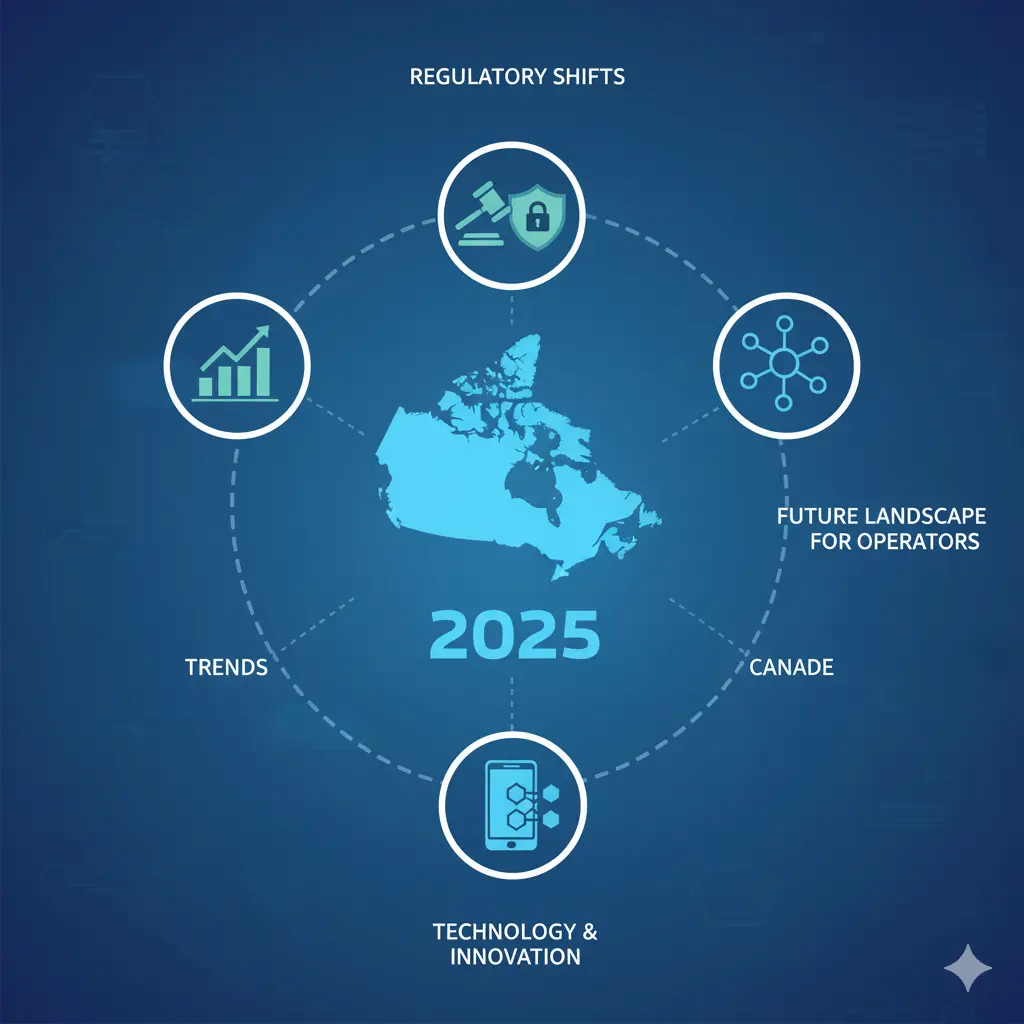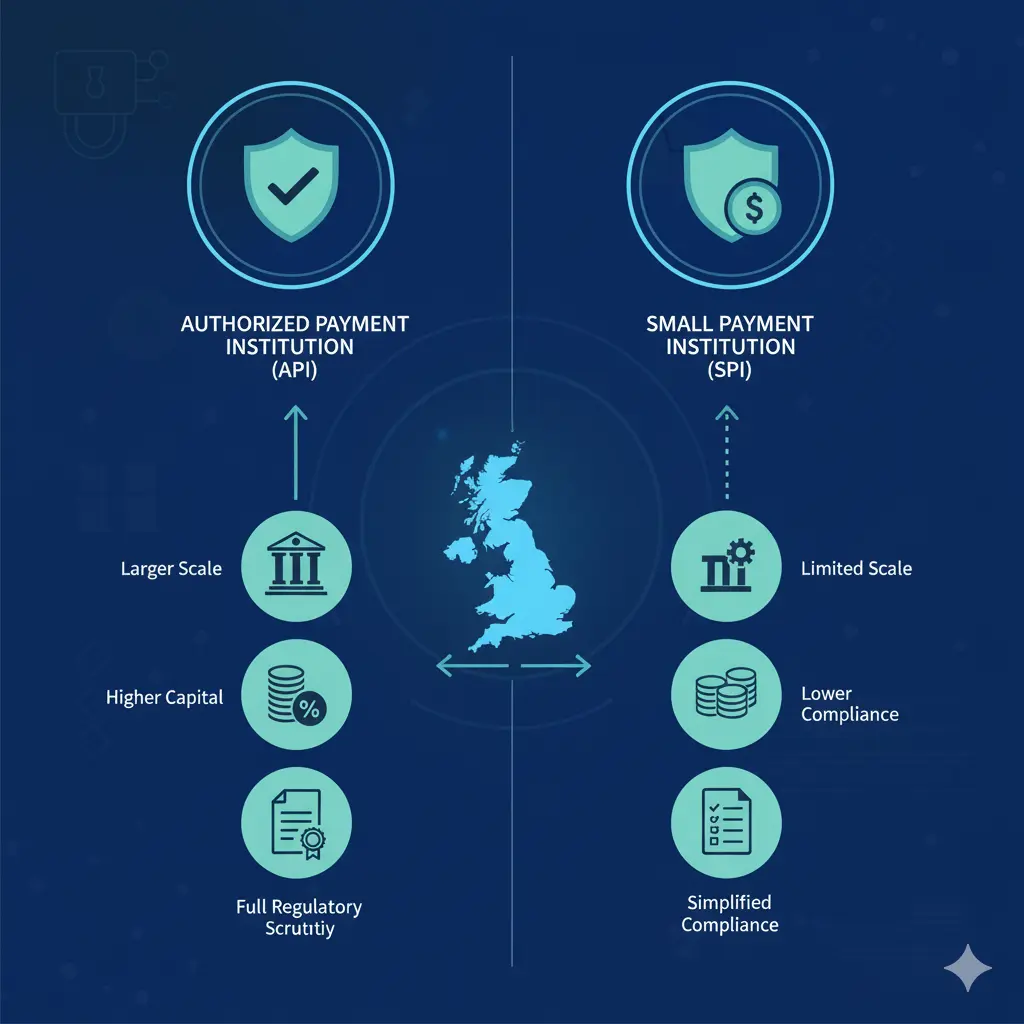Canadian Money Services Business (MSB) Industry in 2026: Trends, Regulatory Shifts, and the Future Landscape for Operators
The Canadian Money Services Business (MSB) sector is entering one of the most transformative periods in its history. More than 1,000 MSBs currently operate across the country, forming the backbone of foreign exchange, cross-border transfers, virtual asset services, and alternative financial offerings. In the last few years, the industry has undergone rapid digitalization, expanding transaction volumes, and deeper regulatory scrutiny. As we move into 2026, the MSB environment is defined by innovation, heightened compliance expectations, and a shifting global financial landscape that places new responsibilities on service providers.
This article provides an expert, EEAT-driven analysis of the Canadian MSB industry, including market performance, regulatory evolution, technological innovation, and the challenges businesses must prepare for. It also offers clarity on licensing requirements, operational risks, and what the future holds for new and existing MSB operators.
The Size and Significance of the Canadian MSB Market
Canada’s MSB industry plays a vital role in serving communities and businesses that require fast,
affordable, and accessible financial solutions. Immigrants, international students, temporary workers,
and SMEs rely heavily on MSBs for remittances, foreign exchange, and digital financial services.
- Increased immigration and rising cross-border remittances.
- Expansion of digital payment systems and online FX platforms.
- Growing demand for real-time international money transfers.
- Rapid adoption of virtual assets and blockchain technologies.
- Stricter AML and CTF regulations from FINTRAC.
By 2023, MSB transaction volumes in Canada exceeded tens of billions annually, with digital channels
dominating customer preference. Between 2026 and 2030, further expansion is expected due to rising
migration and maturing digital infrastructure. This growth, however, comes with increased regulatory
scrutiny and the need for stronger compliance frameworks.
Increased Regulatory Scrutiny and Compliance Complexity
FINTRAC has intensified oversight on MSBs, resulting in higher compliance expectations and more
detailed monitoring obligations.
- Enhanced customer due diligence and ongoing monitoring.
- Stricter record retention rules and reporting duties.
- More transparency around virtual assets.
- Mandatory screening for politically exposed persons (PEPs).
- Advanced systems for identifying unusual transaction patterns.
The operational cost of compliance continues to rise, pushing MSBs to invest in technology, internal
audits, governance, and secure data systems. Smaller operators face additional pressure when competing
with large digital MSBs that can scale compliance infrastructure.
The Rise of Digital-First MSBs
Customer behavior, mobile adoption, and online KYC systems have pushed the industry toward digital-first
operations. Traditional walk-in MSBs are rapidly shifting to hybrid or fully online models.
- Growing preference for fast, online remittance services.
- Lower operational costs through digital processes.
- Automated customer verification and onboarding.
- Efficient multi-province operations through online channels.
- Demand for real-time rates, instant transfers, and 24/7 access.
Digital MSBs now lead industry growth, and those that fail to modernize risk losing market share to
newer, tech-driven competitors.
Integration of Blockchain and Distributed Ledger Technologies
Blockchain adoption among MSBs is rising due to its ability to support fast, transparent, and
cost-efficient cross-border payments.
- Near-instant international settlement.
- Lower operational and intermediary costs.
- Transparent and traceable transaction records.
- Faster and more accurate reconciliation.
- Reduced dependency on correspondent banking networks.
By 2028, blockchain-based rails are expected to be deeply integrated into mainstream MSB operations,
especially for high-volume remittance and B2B corridors.
Expansion of Virtual Asset Services
More MSBs are entering the crypto sector by offering compliant virtual asset services aligned with
FINTRAC requirements.
- Crypto exchange and conversion services.
- Crypto-to-fiat and fiat-to-crypto transfers.
- Wallet top-up and off-ramp services.
- Enhanced transparency and monitoring requirements.
- Higher operational safeguards and risk controls.
Despite added regulatory pressure, virtual assets remain one of the fastest-growing MSB segments,
attracting younger and international customers.
Growing Focus on Cybersecurity and Data Protection
As MSBs expand digitally, cybersecurity risks have increased, making strong protection mandatory for
customer trust and regulatory compliance.
- Preventing customer data breaches and credential compromise.
- Protecting against payment fraud and insider risks.
- Safeguarding APIs and digital platforms.
- Implementing strong encryption and authentication.
- Conducting cybersecurity audits and penetration testing.
Cybersecurity is now a core requirement, not an optional feature, especially for digital-first MSBs.
Regulatory Requirements for MSBs in Canada
Operating an MSB in Canada requires strict adherence to regulatory rules.
Every MSB must ensure compliance in the following core areas.
- Registration with FINTRAC — mandatory before offering MSB services such as foreign exchange, remittances, issuing money orders, dealing in virtual currency, and more.
- AML/CTF compliance programs — including manuals, officers, training, and audits.
- KYC and identity verification — through government ID checks, digital KYC, biometrics, and enhanced due diligence.
- Transaction monitoring and reporting — covering suspicious activity, large cash transactions, EFTs, and terrorist property reports.
- Governance and risk assessments — ensuring strong internal controls and oversight across all provinces.
Below is a breakdown of each requirement for MSBs operating in Canada.
1. Registration with FINTRAC
Every MSB must register with FINTRAC before offering services such as:
- Foreign exchange
- Remittances
- Issuing or redeeming money orders
- Dealing in virtual currency
Registration must be renewed every two years. Non-compliance may result in penalties or deregistration.
2. AML and CTF Compliance Program Requirements
Every MSB must maintain a comprehensive compliance program, which includes:
- A written AML/CTF compliance manual
- A designated compliance officer
- Risk assessment frameworks
- Policies and procedures for identifying suspicious activities
- Ongoing employee AML training
- Independent AML effectiveness reviews every two years
3. Know Your Customer (KYC) and Identity Verification
MSBs are required to verify the identity of customers using prescribed methods:
- Government-issued ID verification
- Digital KYC tools
- Biometric identity verification
- Enhanced due diligence for high-risk customers
4. Transaction Monitoring and Reporting
Under FINTRAC rules, MSBs must report:
- Suspicious transactions
- Large cash transactions
- Electronic funds transfers
- Terrorist property reports
All records must be retained and organized for audit and regulatory review.
5. Risk Assessment and Governance Requirements
MSBs must maintain:
- Strong internal governance
- Documented risk management procedures
- Oversight of employees, partners, and agents
- Controls for both provincial and federal MSB obligations
Challenges Facing MSBs in 2026
1. Rising Compliance Costs
- High cost of advanced compliance technology
- Shortage of skilled AML professionals
- Mandatory ongoing training
This has led to consolidation, where smaller MSBs merge or exit the market.
2. Competition from Digital-Only Remittance Platforms
- Lower fees
- Faster delivery times
- Transparent exchange rates
- Mobile-first user experience
3. Bank De-Risking and Access to Financial Services
MSBs often face banking challenges due to perceived industry risk, leading to account closures,
shifting partners, and operational disruption.
4. Managing Virtual Asset Risks
- Higher monitoring expectations for crypto MSBs
- Exposure to price volatility
- Rapidly evolving regulations
Advanced analytics and real-time risk engines are necessary for crypto-enabled MSBs.
Opportunities for MSBs in 2026 and Beyond
1. Growth in Digital Remittances
- Instant digital verification
- Better FX rates
- Mobile-first transfers
- Transparent fee structures
2. Demand from Immigrant Communities
- Niche remittance corridors
- Community-focused services
- Multi-language customer support
3. Expansion into B2B Payments
- Multi-currency business accounts
- Cross-border B2B transfers
- Bulk payment systems
4. Integration with Blockchain and Real-Time Payment Rails
- Lower operational costs
- Instant settlement
- Strong audit trails
Why MSBs Need Remittance Management Software
1. Automation of Compliance
- KYC onboarding
- Sanctions screening
- Transaction monitoring
- Regulatory reporting
- Audit trail generation
2. Increased Operational Efficiency
- Agent management
- Payout partner management
- Real-time transaction tracking
- Faster reconciliation
3. Better Customer Experience
- Instant rate quotes
- Digital onboarding
- Multi-currency wallets
- Live transaction tracking
4. Scalability Across Corridors and Countries
- Multi-currency support
- API integrations
- Easy onboarding of new global partners
5. Reduced Fraud and Enhanced Security
Fraud analytics and multi-layer security help MSBs protect themselves against operational and AML risks.
RemitSo: A Complete Platform for MSBs in Canada
RemitSo is designed for remittance operators seeking compliance-ready tools and scalable technology.
- Automated KYC and AML screening
- Real-time transaction monitoring
- Agent and payout partner management
- Support for multiple corridors
- Digital onboarding for customers
- Integrated fraud and security systems
Whether launching, scaling, or modernizing, RemitSo provides a robust foundation for MSBs navigating
Canada’s regulatory and operational challenges.
Want to see how a ready-made platform can accelerate your growth?
Book a demo or consult with us at RemitSo today to see how our platform can power your growth.
Request Demo
Frequently Asked Questions
1. Do all MSBs in Canada need to register with FINTRAC?
Yes. Every MSB operating in Canada must register with FINTRAC before offering services.
2. Is digital onboarding allowed for MSBs?
Yes. Digital identity verification is widely used and acceptable under Canadian regulations when implemented correctly.
3. Can an MSB offer cryptocurrency services?
Yes, but it must register as a dealer in virtual currency and meet additional compliance obligations.
4. How long does it take to obtain MSB registration in Canada?
Timelines vary depending on documentation, business risk, and regulator workload.
Preparation and compliance readiness significantly affect processing time.
5. Do MSBs need to conduct ongoing monitoring?
Yes. Continuous monitoring is mandatory to detect suspicious activities and ensure compliance.
6. What is the most significant challenge for MSBs in 2026?
Compliance costs, digital competition, and cybersecurity risks are among the top challenges.
7. Why should MSBs automate compliance?
Automation reduces errors, improves monitoring accuracy, speeds up reporting, and lowers operational costs.
8. Can a small MSB compete with large digital remittance players?
Yes. By specializing in certain corridors, offering niche services, and using advanced technology,
smaller MSBs can remain highly competitive.


